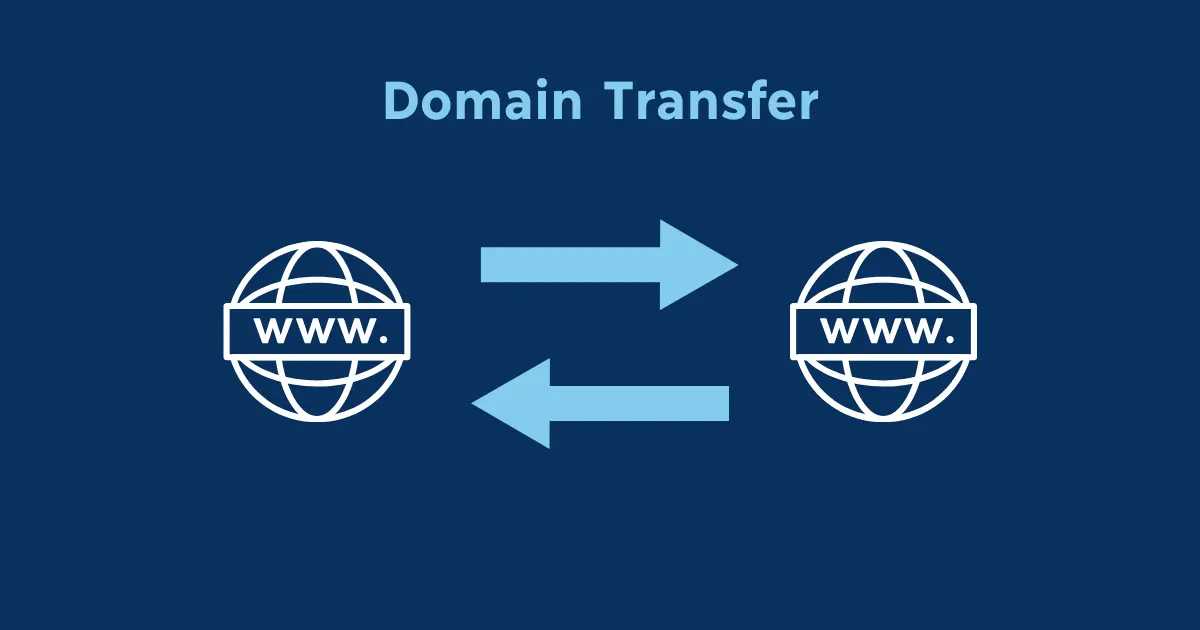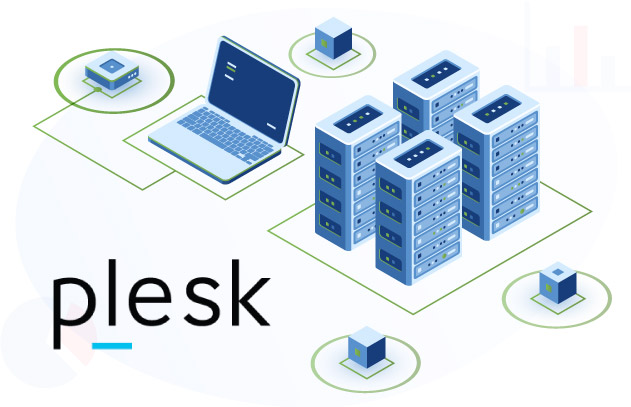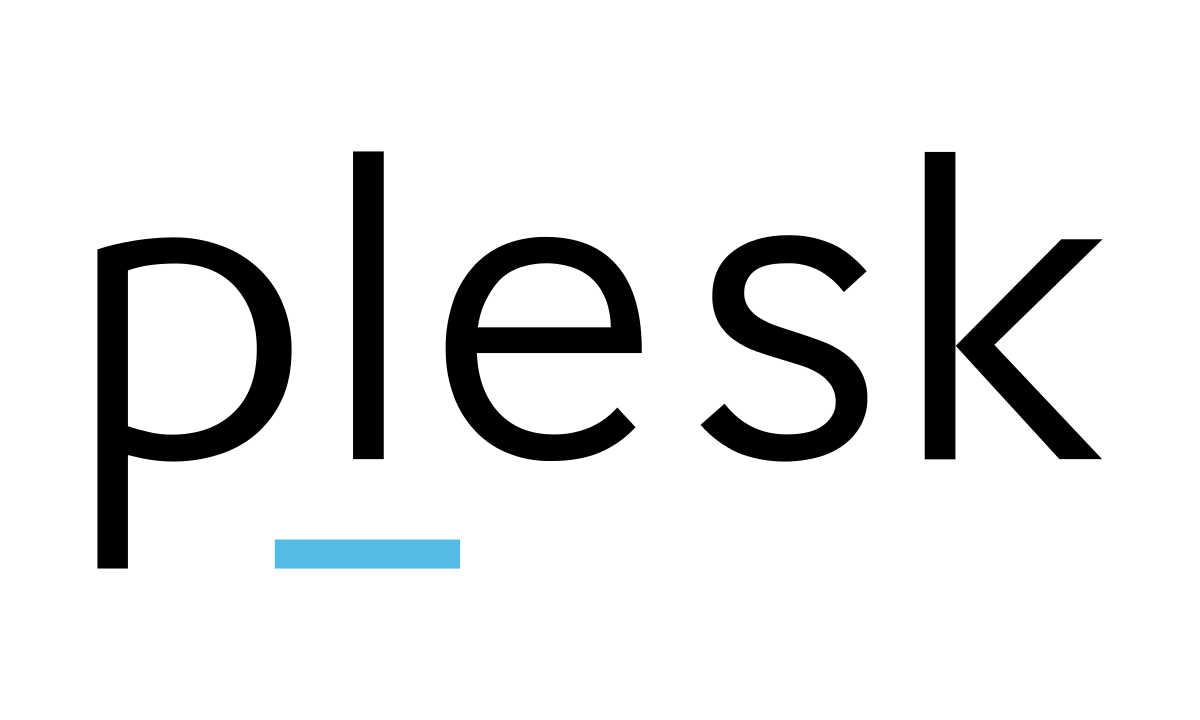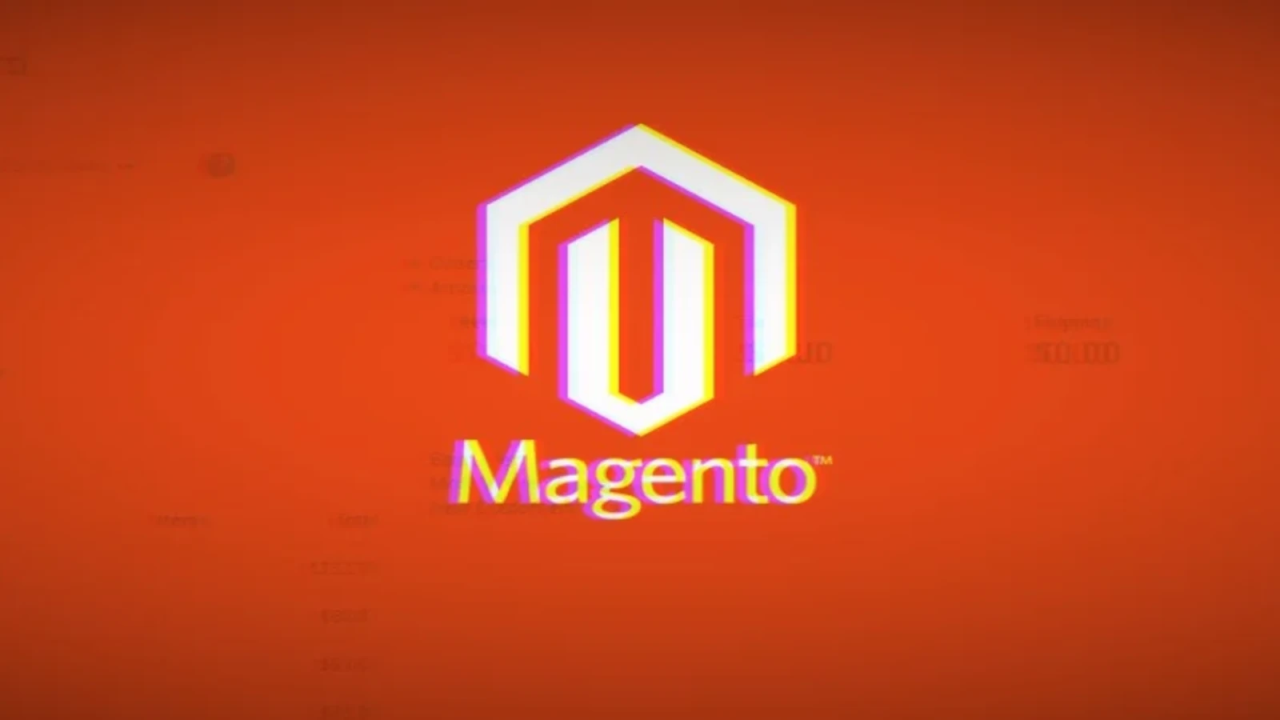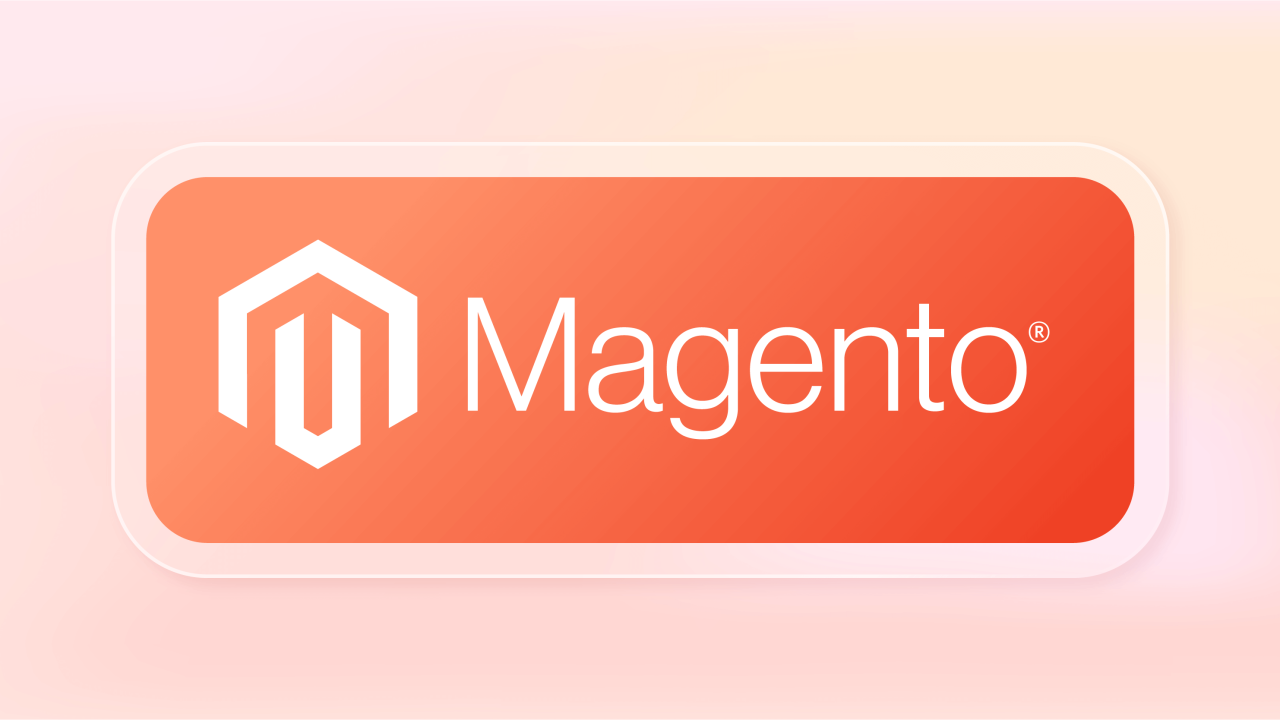Magento is a powerful eCommerce platform that is worth considering for any online store owner. It is scalable, customizable, and secure, making it a great choice for businesses of all sizes. In this post, we will provide a complete guide to Magento, including its features, versions, architecture, development, and community resources.
Table of Contents
What is Magento?
Magento is a powerful, open-source eCommerce platform designed to help businesses create, manage, and optimize their online stores. It offers robust features for building scalable and customizable eCommerce websites tailored to meet diverse business needs. Developed in PHP, Magento is widely known for its flexibility, extensive extensions, and support for complex eCommerce operations.
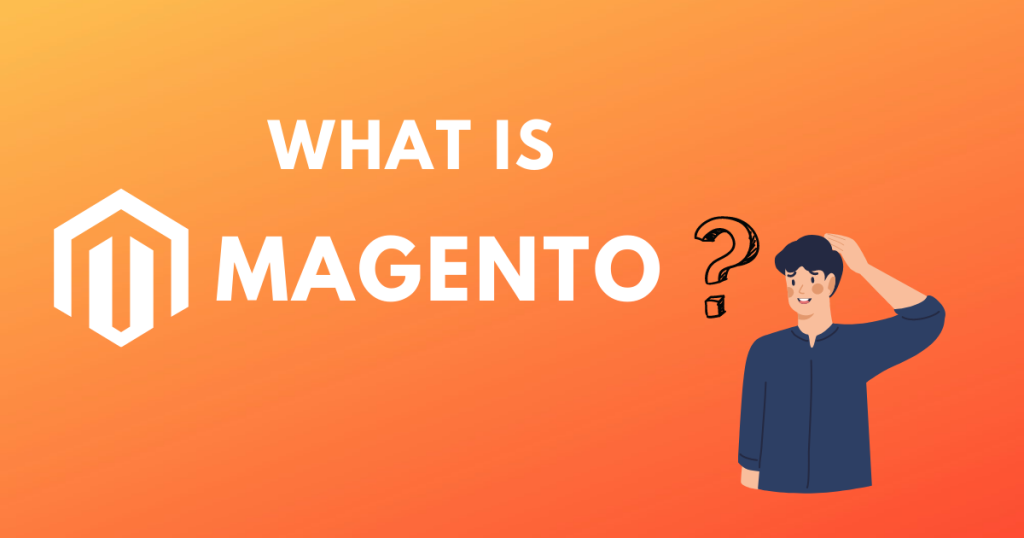
Magento was initially released in 2008 and was later acquired by Adobe in 2018. It’s now integrated into Adobe’s suite of digital commerce solutions and branded as Adobe Commerce.
Key Features of Magento
Open-Source Platform
Magento Open Source (formerly Community Edition) allows businesses to build and modify their stores without licensing fees. Developers can access the source code to create custom functionalities.
Scalability
Magento supports businesses of all sizes, from small startups to large enterprises, with tools for scaling the website as traffic and sales grow.
Customizable Design and Functionality
With thousands of extensions and themes available, Magento enables businesses to customize the design and functionality of their stores.
Multi-Store and Multi-Language Support
Businesses can manage multiple online stores from a single dashboard and cater to global markets with multilingual and multi-currency support.

Mobile-Friendly Design
Magento ensures responsive designs that optimize the shopping experience across all devices.
Advanced SEO and Marketing Tools
Built-in SEO tools help improve search engine rankings, while integrated marketing features support promotions, discounts, and email campaigns.
Robust Inventory and Order Management
Magento provides powerful tools to manage inventory, orders, and shipments efficiently.
Analytics and Reporting
Built-in reporting tools give insights into sales, customer behavior, and website performance.
Magento Editions
- Magento Open Source
- Free to use and ideal for small to medium-sized businesses.
- Offers basic eCommerce functionalities with the ability to extend through custom development or third-party extensions.
- Adobe Commerce (formerly Magento Commerce)
- A paid, enterprise-grade solution designed for larger businesses.
- Offers advanced features such as cloud hosting, business intelligence, and AI-driven recommendations.
Advantages & Disadvantages Of Magento
Advantages of Magento
- Flexibility: Easily customizable to fit unique business needs.
- Extensive Community Support: A large developer community and marketplace for extensions.
- Integration-Friendly: Supports integration with third-party tools like CRM, ERP, and payment gateways.
- Global Reach: Features like multilingual support and localization cater to international markets.
Disadvantages of Magento
- Complexity: Requires technical expertise to set up and maintain.
- Cost of Development: Customization and web hosting can be expensive, especially for larger setups.
- Resource-Intensive: Hosting and maintenance require significant server resources.

Who Should Use Magento?
- Small Businesses: Start with Magento Open Source for cost-effective online store management.
- Mid-Sized and Large Enterprises: Benefit from Adobe Commerce for advanced features and scalability.
- Developers and Agencies: Use Magento for clients seeking highly customizable eCommerce solutions.
Conclusion
Magento is a powerful and versatile eCommerce platform that caters to businesses of all sizes, offering unparalleled flexibility and scalability. Its open-source nature allows for extensive customization, making it a preferred choice for businesses with unique requirements. Whether you’re running a small online store or a large enterprise, Magento provides the tools needed to create a seamless and engaging shopping experience.
However, its complexity and resource demands make it better suited for businesses with access to technical expertise or the budget to hire developers. With its advanced features, strong community support, and integration capabilities, Magento remains a top contender for building robust and dynamic eCommerce solutions. For those willing to invest the time and resources, Magento can be a game-changer in the eCommerce landscape.
